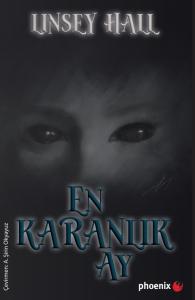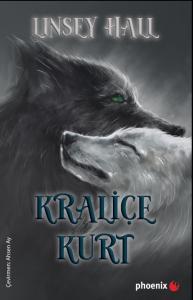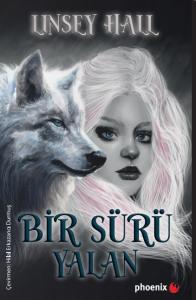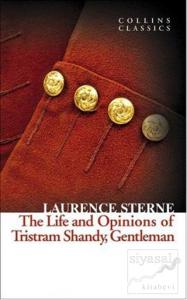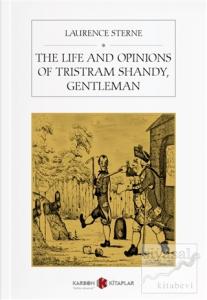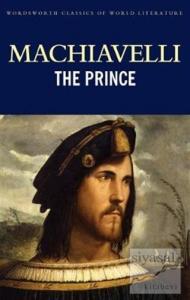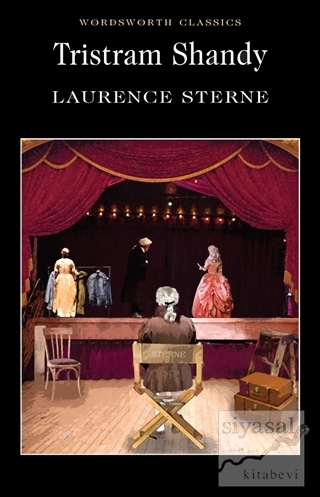
Laurence Sterne's The Life and Opinions of Tristram Shandy, Gentleman is a huge literary paradox, for it is both a novel and an anti-novel. As a comic novel replete with bawdy humour and generous sentiments, it introduces us to a vivid group of memorable characters, variously eccentric, farcical and endearing. As an anti-novel, it is a deliberately tantalising and exuberantly egoistic work, ostentatiously digressive, involving the reader in the labyrinthine creation of a purported autobiography.
This mercurial eighteenth-century text thus anticipates modernism and postmodernism. Vibrant and bizarre, Tristram Shandy provides an unforgettable experience. We may see why Nietzsche termed Sterne 'the most liberated spirit of all time'.
Laurence Sterne's The Life and Opinions of Tristram Shandy, Gentleman is a huge literary paradox, for it is both a novel and an anti-novel. As a comic novel replete with bawdy humour and generous sentiments, it introduces us to a vivid group of memorable characters, variously eccentric, farcical and endearing. As an anti-novel, it is a deliberately tantalising and exuberantly egoistic work, ostentatiously digressive, involving the reader in the labyrinthine creation of a purported autobiography.
This mercurial eighteenth-century text thus anticipates modernism and postmodernism. Vibrant and bizarre, Tristram Shandy provides an unforgettable experience. We may see why Nietzsche termed Sterne 'the most liberated spirit of all time'.







